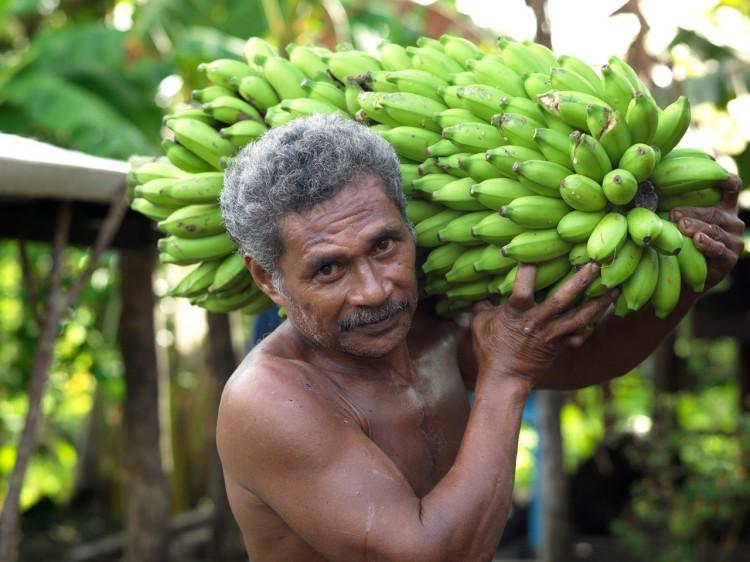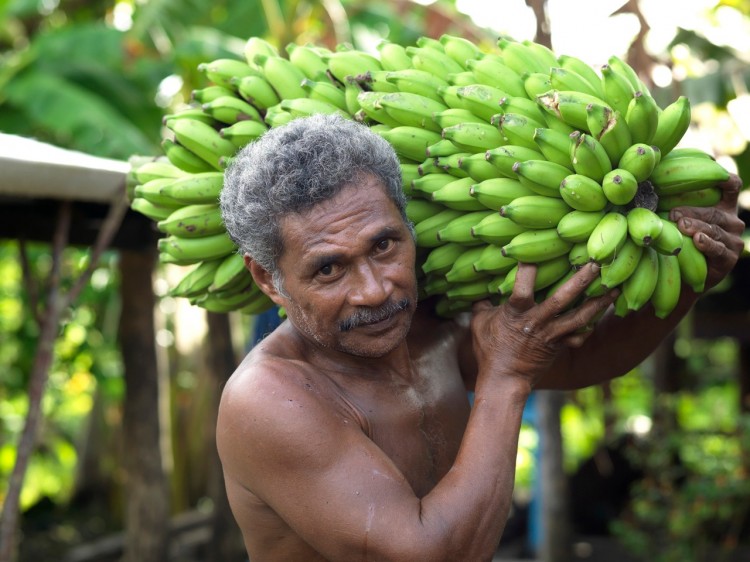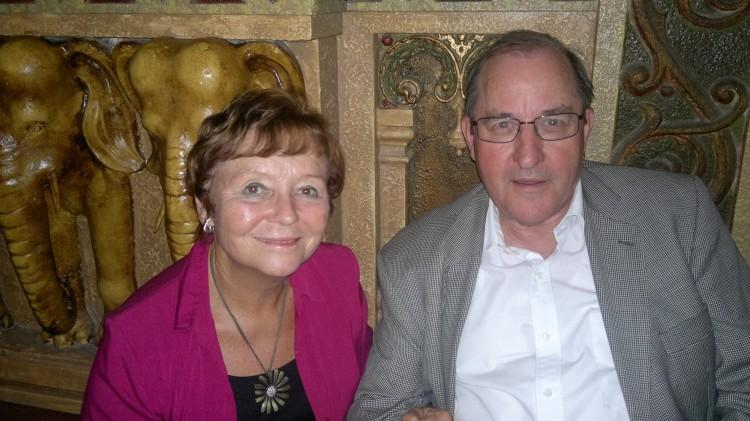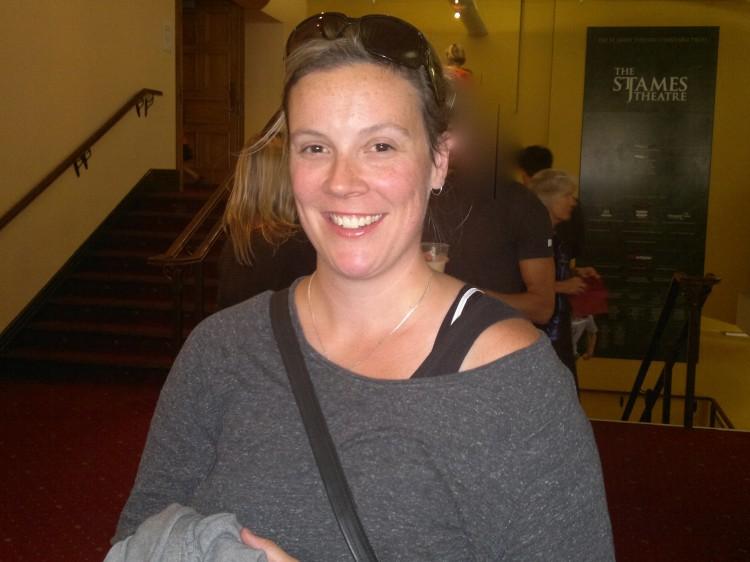Samoa’s Misiluki Bananas a Hit with Kiwi Consumers
Bringing Samoan misiluki dried organic bananas to New Zealand helps alleviate poverty for Samoan families.
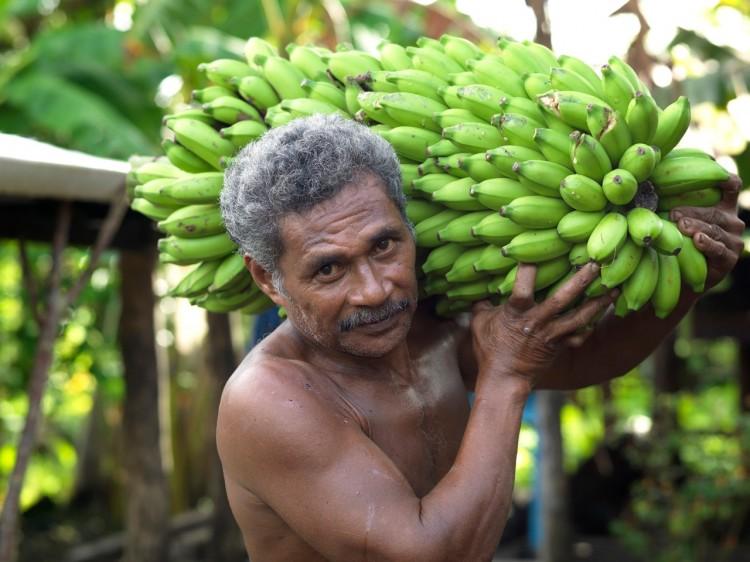
WIBDI has alloted Misiluki plants to families whose livelihoods were affected in the 2009 tsunami. The bananas will provide these families with a viable income. Jane Ussher/Oxfam
|Updated:
